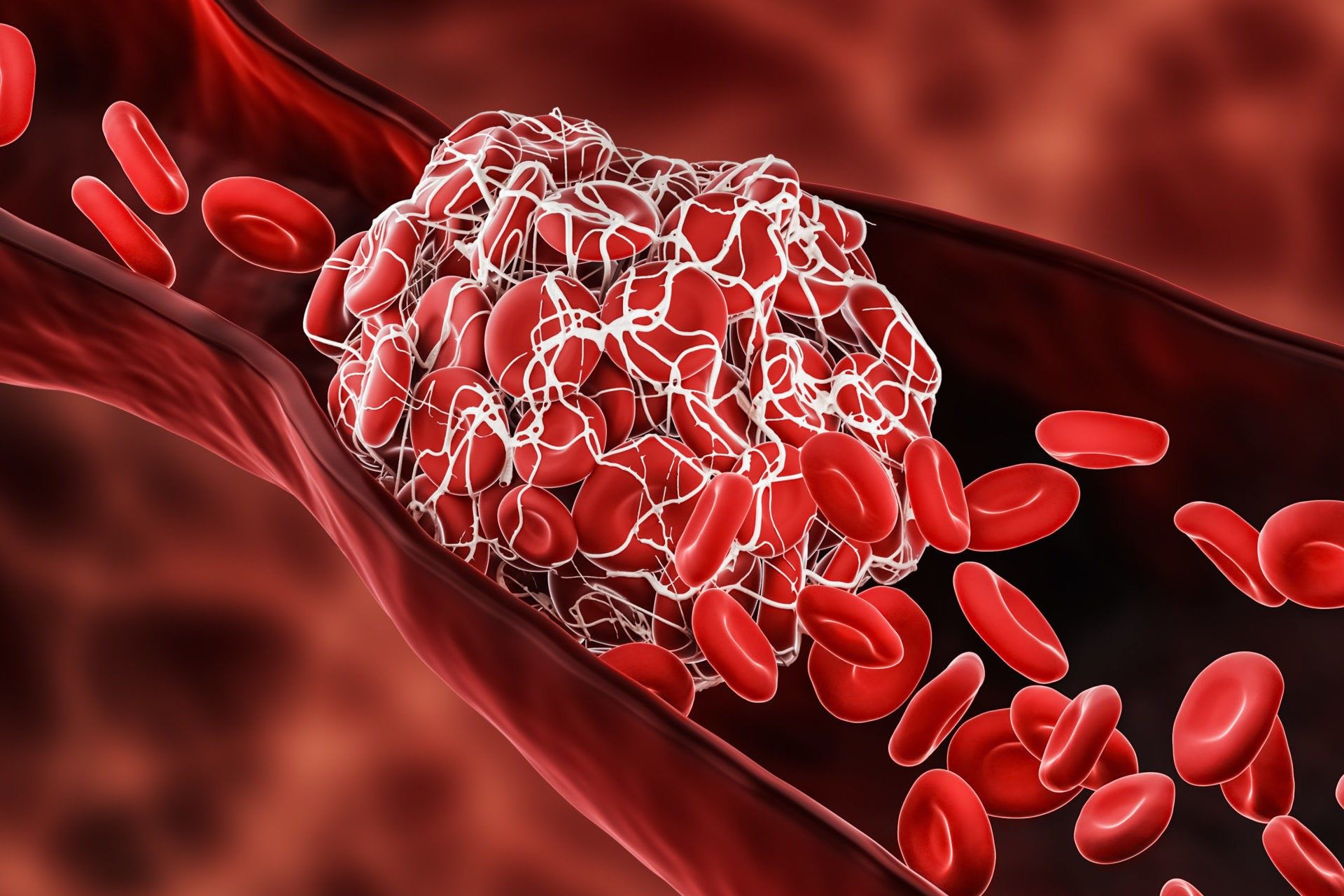
Moschcowitz Syndrome, also known as Thrombotic Thrombocytopenic Purpura (TTP), is a rare blood disorder that can be life-threatening. It involves the formation of tiny blood clots throughout the body, which can block blood flow to vital organs. This condition often leads to low platelet counts, anemia, and organ damage. Understanding Moschcowitz Syndrome is crucial for early diagnosis and treatment. Symptoms can include fatigue, fever, confusion, and bruising. While the exact cause remains unknown, it is believed to involve an autoimmune response. Treatments often include plasma exchange and immunosuppressive therapy. Early intervention can significantly improve outcomes.
Key Takeaways:
- Moschcowitz Syndrome, also known as TTP, is a rare blood disorder causing tiny clots and low platelet count. Early diagnosis and treatment are crucial for managing this serious condition.
- Symptoms of Moschcowitz Syndrome include fatigue, bruising, bleeding, confusion, and fever. Treatment involves plasma exchange, medications, and lifestyle adjustments for a fulfilling life.
What is Moschcowitz Syndrome?
Moschcowitz Syndrome, also known as Thrombotic Thrombocytopenic Purpura (TTP), is a rare blood disorder. It involves the formation of tiny blood clots throughout the body. These clots can cause serious health issues.
-
Rare Condition: TTP affects about 4-5 people per million each year. It's considered a medical emergency.
-
Named After: The syndrome is named after Eli Moschcowitz, who first described it in 1924.
-
Blood Clots: Small clots form in blood vessels, which can block blood flow to vital organs.
-
Low Platelets: TTP causes a low platelet count, leading to easy bruising and bleeding.
-
Anemia: The disorder often results in hemolytic anemia, where red blood cells are destroyed faster than they can be made.
Symptoms of Moschcowitz Syndrome
Recognizing the symptoms early is crucial for treatment. Symptoms can vary but often include the following.
-
Fatigue: Patients often feel extremely tired due to anemia.
-
Bruising: Unexplained bruises can appear on the skin.
-
Bleeding: Nosebleeds and bleeding gums are common.
-
Confusion: Mental changes like confusion or difficulty speaking can occur.
-
Fever: High temperatures might be a sign of TTP.
Causes and Risk Factors
Understanding what causes TTP can help in managing the condition better. Various factors can trigger it.
-
Genetic Factors: Some people inherit a faulty gene that increases their risk.
-
Autoimmune Disorders: Conditions like lupus can trigger TTP.
-
Medications: Certain drugs, such as quinine, can cause TTP.
-
Infections: Severe infections might lead to the development of TTP.
-
Pregnancy: Pregnant women are at a higher risk, especially during the third trimester.
Diagnosis of Moschcowitz Syndrome
Diagnosing TTP involves several tests and medical evaluations. Early diagnosis is key to effective treatment.
-
Blood Tests: These can reveal low platelet counts and anemia.
-
ADAMTS13 Activity: Measuring the activity of this enzyme helps confirm TTP.
-
Kidney Function Tests: These tests check for kidney damage caused by blood clots.
-
Neurological Exams: Doctors assess mental function to detect any brain involvement.
-
Bone Marrow Biopsy: This test can rule out other causes of low platelet counts.
Treatment Options
Treatment aims to remove the clots and prevent new ones from forming. Immediate medical attention is often required.
-
Plasma Exchange: This procedure removes the patient's plasma and replaces it with donor plasma.
-
Medications: Drugs like corticosteroids can help reduce inflammation.
-
Immunosuppressants: These medications suppress the immune system to prevent further clotting.
-
Rituximab: This drug targets specific immune cells to treat TTP.
-
Splenectomy: In some cases, removing the spleen might be necessary.
Living with Moschcowitz Syndrome
Managing TTP involves regular medical care and lifestyle adjustments. Patients can lead fulfilling lives with proper management.
-
Regular Check-ups: Frequent visits to the doctor are essential for monitoring the condition.
-
Healthy Diet: A balanced diet can help maintain overall health.
-
Avoiding Triggers: Patients should avoid medications and situations that can trigger TTP.
-
Support Groups: Joining a support group can provide emotional and practical support.
-
Education: Learning about the condition helps patients manage their health better.
Final Thoughts on Moschcowitz Syndrome
Moschcowitz Syndrome, also known as Thrombotic Thrombocytopenic Purpura (TTP), is a rare but serious condition. Understanding its symptoms, causes, and treatments can make a huge difference. Early detection and prompt treatment are crucial for better outcomes. Plasma exchange therapy remains the cornerstone of treatment, often combined with medications like corticosteroids and rituximab.
Raising awareness about this syndrome can help save lives. If you or someone you know shows signs like unexplained bruising, fatigue, or neurological symptoms, seek medical attention immediately. Knowledge is power, and being informed can lead to quicker diagnoses and effective treatments.
Stay curious and keep learning about rare conditions like Moschcowitz Syndrome. Your awareness could make all the difference.
Frequently Asked Questions
Was this page helpful?
Our commitment to delivering trustworthy and engaging content is at the heart of what we do. Each fact on our site is contributed by real users like you, bringing a wealth of diverse insights and information. To ensure the highest standards of accuracy and reliability, our dedicated editors meticulously review each submission. This process guarantees that the facts we share are not only fascinating but also credible. Trust in our commitment to quality and authenticity as you explore and learn with us.
